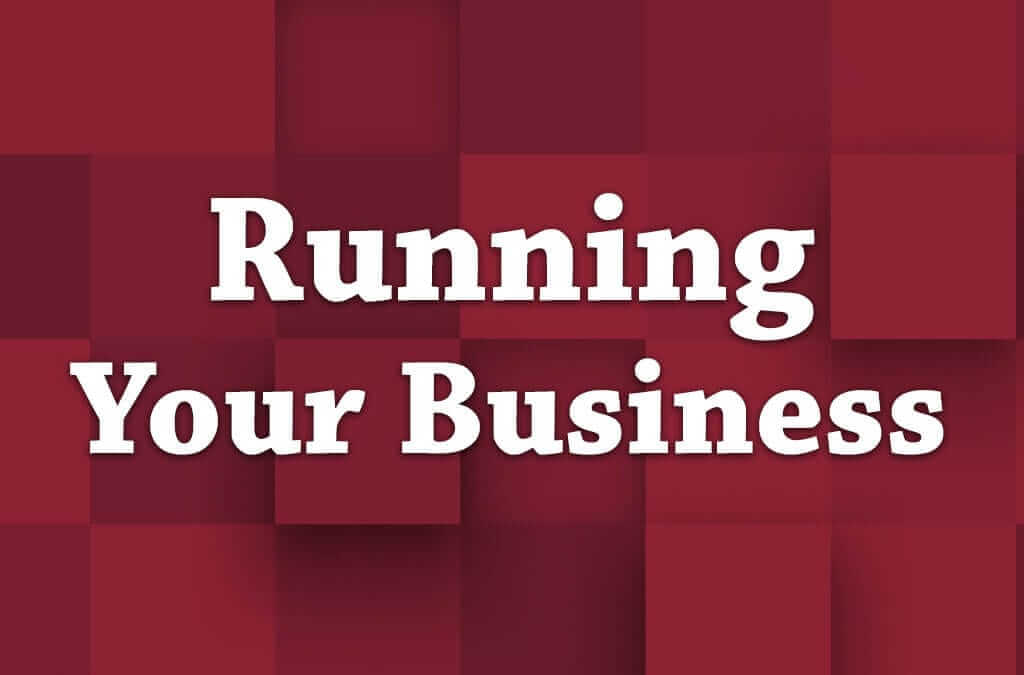As a small business owner, your day-to-day responsibilities won't be without at least one meeting. From planning projects to seeing clients, in-person discussions are needed for an efficient workflow. However, not every session is productive, which means there's a lot of wasted time. In order to make the most of them, establish a pre-determined list of points to discuss during a specified time limit.
Timing is everything
Employees only have so much time to spend away from their work, so meetings need to be kept as short as possible. Fifteen minutes is the ideal time block, according to Fast Company. The average attention span lasts from 10 to 18 minutes. After that, your employees will no longer be focused on you.
That doesn't give you much time, so how can you get them to pay attention? First, make sure your meeting starts on schedule. You can't end on time if you don't start on time, Entrepreneur explained. If someone's running late, they can catch up on what they missed afterward.
Second, shorten your presentations. You won't be able to keep your session within the allotted time if your pitch runs long. Both the number of slides and the text on each one should be kept to a minimum, another Entrepreneur article suggested. Focus on the discussion – that's why you're meeting in the first place. As the saying goes, time is money, and there's no room in your financial plan for wasted time.
Plan it out
No meeting can go smoothly if there isn't a plan. Establish a set agenda and send it out to your employees prior to convening, according to the first Entrepreneur article. This way everyone will know the plan and your discussion will remain within the time limit.
When unscheduled topics are brought up, create a "parking lot," or a place to store your ideas until further notice, the source said. By writing down uncovered topics, you'll know what needs to be addressed at the next one.
If you're having a meeting, there's a good chance something needs to get done. Assign each person in attendance a task to accomplish before the next session – don't let anyone leave without a job. When everyone has a part to finish, the project will go more smoothly and your next gathering will be much more productive.
While employees might enjoy stepping away from their desks for a little while, they still have work to get done and the meeting won't give them as much of a break as they'd like. Keep your gatherings short and on topic and you'll accomplish a lot more.

